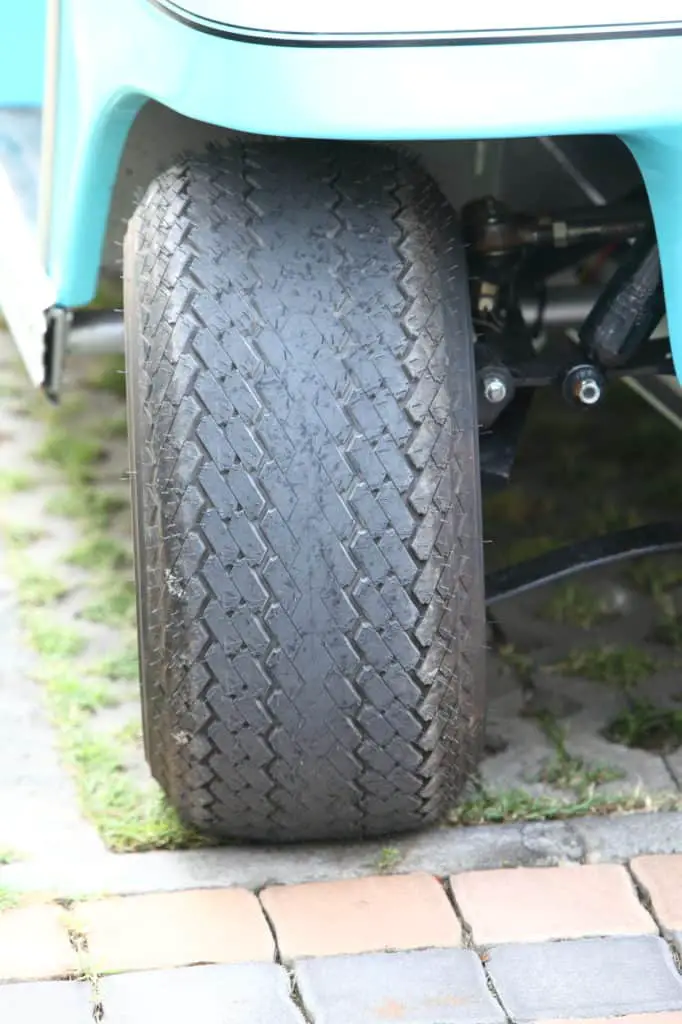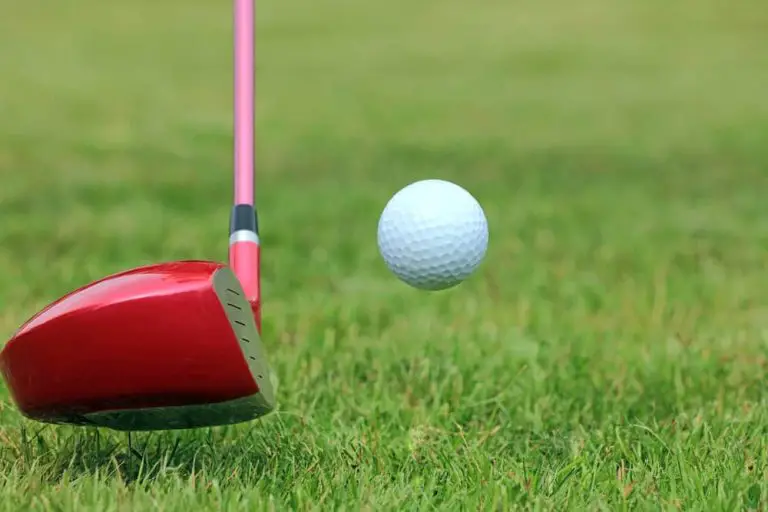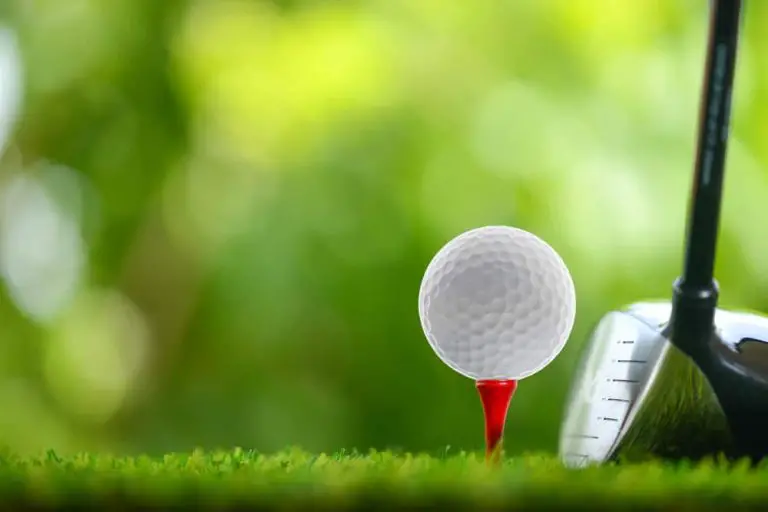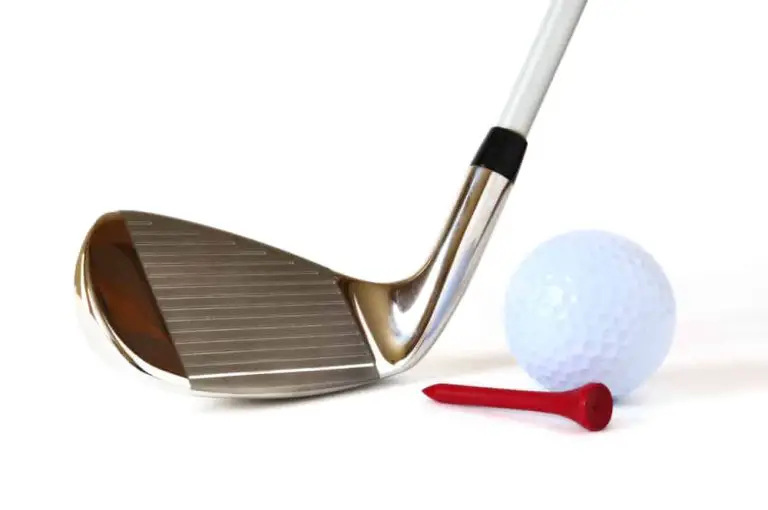How Often Do Pro Golfers Change Balls
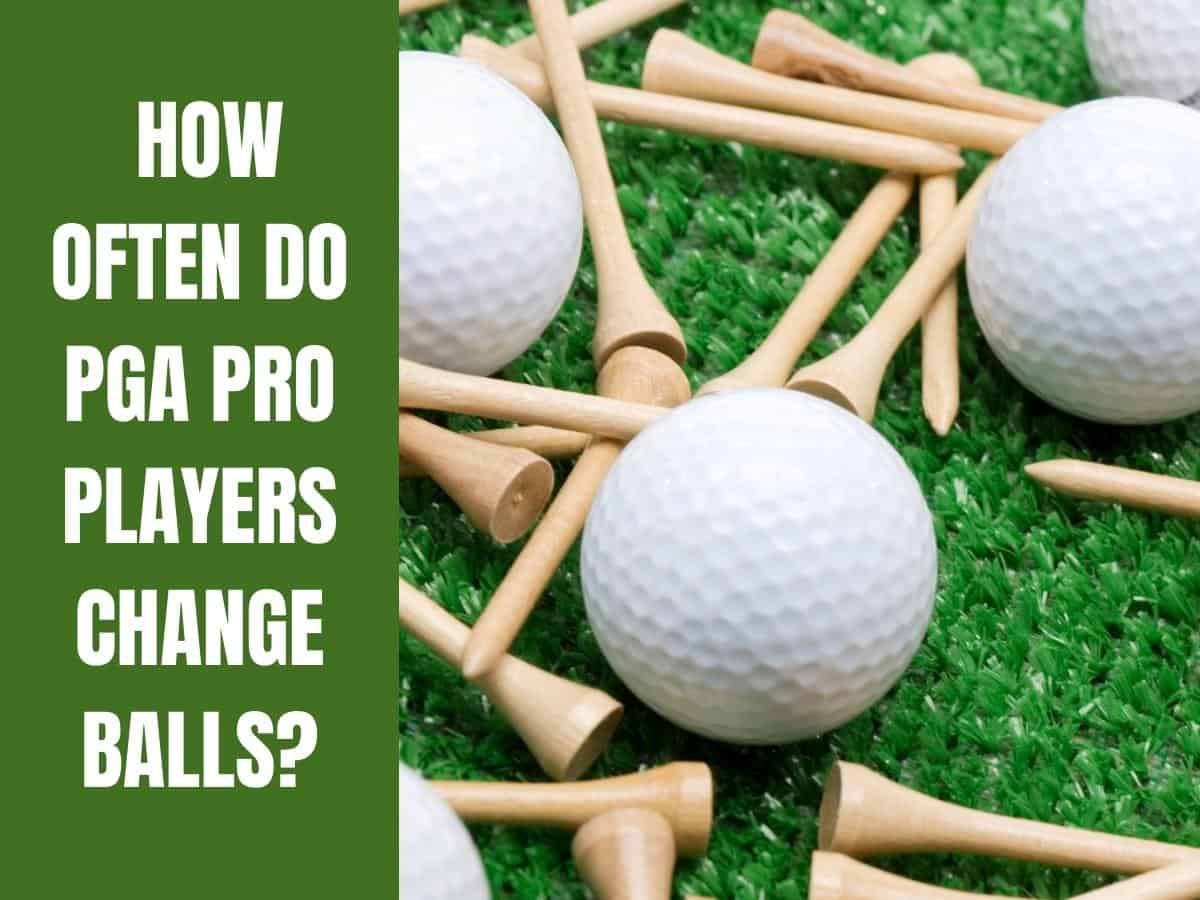
Golf balls are a crucial element for golfers, whether they are amateurs or professionals. However, for professional golfers, the type of golf ball they use and how often they change it can make a significant difference in their game. The golf ball market is highly competitive, with various manufacturers competing to create the best ball for golfers.
One question that often arises among golf enthusiasts is how often professional golfers change their golf balls during a round or tournament. This is a valid question, as it can affect their performance on the course. There are different reasons why a golfer may change their golf ball, including wear and tear, damage, preference, and performance.
In this article, we will delve into the world of professional golfers and their golf balls. We will explore how often they change their golf balls, why they do so, and the impact it has on their game. We will also look at some of the factors that influence their decision to switch balls and the different types of golf balls available in the market. So, let’s tee off and find out how often pro golfers change their balls!

I. Introduction
- Explanation of the importance of golf ball in golf
- Brief overview of the topic
II. Factors That Affect Golf Ball Usage
- Type of golf ball used
- Player’s swing speed
- Weather and course conditions
- Level of play (professional or amateur)
- Player preference
III. How Often Do Pro Golfers Change Their Balls
- Discussion of the different factors that determine how often golf balls are changed by pros
- Explanation of the importance of consistency in golf ball performance
IV. The Science of Golf Ball Performance
- The role of dimples in golf ball flight
- The impact of compression on ball flight and distance
- How the hardness of the ball affects performance
V. Tips for Extending Golf Ball Life
- Proper storage of golf balls
- The importance of avoiding water hazards
- How to avoid damaging the ball during play
VI. Conclusion
- Recap of the importance of golf ball performance in golf
- Final thoughts on how often pros change their golf balls
By understanding the factors that affect golf ball usage and the science behind golf ball performance, both professional and amateur golfers can make informed decisions about when to change their balls.

